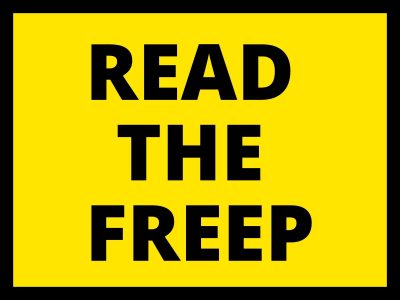I was panicking, sitting on my futon with my laptop open to an empty Google Doc. It was the first semester of my first year at my small liberal arts college in rural Minnesota, and my orientation-week friends were all loudly goofing off in my room as I frantically scrambled to get an article in on time. Everyone was waiting for me to finish so we could go to dinner.
I checked the time on my phone: 5 p.m. There were only two hours left before it was due to the opinions editor at The Manitou Messenger. I had started, only to erase it all.
Start. Erase. Start. Erase. Nothing felt good enough — my first-ever article for my college newspaper needed to prove something: talent, perfection, genius.
In high school, I was surrounded by people who had found their niche. I wanted a “thing,” too: Alexia Nizhny — future New York Times best-selling author and winner of the Pulitzer Prize for Editorial Writing.

And to become a best-selling, award-winning writer, I would have to produce something great. Geniuses won prizes, geniuses didn’t fail and I wanted to be a genius.
What I didn’t understand at the time, though, was that refusing to fail only set me up for a disappointment I hadn’t prepared myself to deal with. As I sat on the futon, jotting down and erasing opening paragraphs to an article, the irony was that my unhealthy obsession with perfection left me two hours before a deadline with nothing written at all.
After a while, I’d managed to stitch together some sort of Frankenstein article. The tone was inconsistent, my sentences were sloppy and it lacked a clear audience and takeaway. It was 7 p.m., and I had no choice but to submit it.
I wasn’t proud of my work. My friends and I went to dinner, and all I could think about was how I had failed myself and everyone else who believed in me. People were going to read that article as a reflection of the author, and that article was badly written. I was a bad writer.
A few days passed, and the paper went to print. I picked up a copy and reluctantly opened it to the opinions section.
There it was. My first-ever article published in my college newspaper with my name and byline printed at the very top: Alexia Nizhny — contributing writer.
Despite my shaky start, flipping through the textured pages of The Manitou Messenger began my slow, sometimes unrequited, but mostly rewarding love for journalism. I’d spend the next two and a half years writing often and getting better, developing my style of editorial writing sprinkled with personal anecdotes and a pinch of nostalgia.
Journalism kept me up at night, pushed me to take criticism when I really didn’t want to and forced me to experience six semesters worth of pure adrenaline each Wednesday night as we rushed to meet print deadlines.
I watched my byline change from contributing writer to opinions editor to senior columnist to layout and graphics editor.
I wrote bad articles too — lots of them. To this day, I am still embarrassed about one review I wrote of a play happening on campus that I didn’t have time to go to.

I read through it and thought about how — if I were given the chance — I would have written it differently. There were words I would rearrange, sentences I would shorten, paragraphs I would expand upon. The constructive criticism I gave my writing was proof that I would do better. I understood how and why that article didn’t work, and I could improve. I wasn’t a bad writer, simply an extremely stressed and severely overworked one.
Which is to say, sometimes journalism was absolutely brutal. My first print issue as The Daily Free Press’ layout and graphics editor consisted of staring at Adobe InDesign for 16 hours straight. After hour 15, when I had to attend my 9:30 a.m. lecture, I faked a family emergency to my professor to give me extra time to finish the remaining pages.
When we finally sent the final draft to the printing company, they called us back saying we were too late — we’d have to wait until the next day to print.
I spent the rest of the morning crying.
Journalism forced me to accept failure. Sometimes you work for 16 hours and don’t get a pat on the back for it. Sometimes you commit to writing an article you don’t have enough time in your schedule to perfect.
Still, when I walk by Warren Towers’ security desk and see the newspaper rack with stacks of the latest issue of The Daily Free Press, I can’t help but feel overwhelmingly proud. People may not know our names or faces, but we did that. We made that. We worked on something so many people engage with. We’re a part of something larger than ourselves.
“Alexia Nizhny — contributing writer” and “Alexia Nizhny — future New York Times best-selling author and winner of the Pulitzer Prize for Editorial Writing” weren’t mutually exclusive. My work wasn’t always going to be perfect, but being able to take that in stride was something to be proud of.
Journalism helped me overcome my fear of failure, and I’m a better writer, artist and editor for it. I replaced my old system of start-erase-start-erase. Instead, I embraced a new one: write-fail-learn-repeat.






















































































































